The Institute was where I’d been working since age twenty-one, an Institute “devoted to ending violence against women and girls.” In reality, it looked nothing like an Institute. It was a former bookie’s office set above a fancy San Francisco Chinese restaurant.
At one end was the Interaction Section — bubble machines, drones to fly, crafts and building activities. The busiest was the Technology Zone — banks of screens where small fingers swiped and tapped, the odd shriek as a wailing victim was dragged off to be fed.
It’s about emotional engagement, he reminds himself as he puts on the kettle, not exposure. Their customers will love that they’re giving back. Even if they don’t tell their friends about it, they’ll become more loyal to the brand. He stares at the sea for a while. It’s the same dark grey as the granite countertops, as the sky.
There are the war machines rolling down the street in all their military glory, wreathed in jasmine and marigold garlands. They are affectionately known as war elephants, because underneath all the glamour the bulky tanks are gunmetal grey. They belch out plumes of black smoke into the already polluted air. Despite their decorations, they are colossal beasts made of pistons and steel, lumbering about the narrow streets, and yet there are still vendors who walk fearlessly beside them, calling out their wares.
He got that way from eating pieces of string like they was noodles with sauce on top and everything, and string beans, and nothing else. But out in the woods the girl and him didn’t have much of anything to eat. He was too proud to farm in the dirt and he was a lousy hunter. They would have starved except the wolves took pity on him and left out a few scraps of rotten meat.
Just for a moment, I hesitated. Outside my locked glass door, I could see them still swirling around, the dreamers and the idiots. Money trembles at the top of their bank accounts like beer foam, just waiting to spill out. You can see it, how the wanting sweeps through them like a fever. You can see it in their eyes.
She looks ordinary, though she has terrific posture because she’s a dancer. She has wavy brown hair and thin lips and isn’t afraid to lock eyes with me; then she begins to look better and better, telling me all about her meditation, that she meditates every morning, though she’s never had any instruction. When I ask her how she knows she’s meditating, she says she just knows.
I was laying on the grass by the bubble stream listening to Tribe play out of the speaker cone of my rock. Watching the bubble bubbling. Pink nettle cactus and tall frond trees all around. Not much else.
Wouldn’t you have to choose someone dead,” I say, “because I mean come on wouldn’t that be amazing to bring someone back from the dead wouldn’t that be wicked but wait though would they still be dead but dug up and woken up like would they be all gross and worm-eaten and rotting or would they be at like the prime of their life and healthy ’cause that makes a difference or wait what if you choose someone dead but you didn’t realize you have to die to have lunch with them and then it’s too late to change your mind because you already made your choice
The first thing you hear your father do after your mother leaves is laugh so uncontrollably it hurts your insides. He’s a large, large man, and you think of all his blood hitting fast food joints on its way through the capillaries.
She counted the number of words in each love letter, the duration of every phone call and every kiss, counted each petal on each flower in each bouquet. She quantified the warmth of his hand on hers with an infrared thermometer. She tallied the expense of his gifts, accounted for every drink, every meal. She timed his eye contact.
Grandma died, you know. No surprises there. She was an old broad. Soon the family will divvy up her things, grabbing at scarves and candleholders and picture frames like it’s the last round in some Japanese game-show. There’s going to be some big shindig in Idaho, sure. Everyone will be there, with their hams, their stories, their Jell-O with fruit. And all of this is fine, fine — the old bloated snatch-and-grab buffet of matriarchal death. But what to do with Jane?
I was going to start by telling you all about my broken back. It’s a good story. Fourteen years old, lying in bed, reading a lesser-known Nabokov, when a Ford Transit smashes through the gable wall and into my headboard. My wardrobe explodes. A portion of the roof collapses. Nabokov is dropped, page lost, and swept under an encroaching wheel. I, meanwhile, find myself pinned to the opposite wall, spine broken in two places.
The man paced back and forth in the kitchen, amazed at what he’d seen. He’d been dining in the living room and dropped his fork, and just as he bent down to pick it up, the carpet opened up and swallowed it. Searching for any signs of movement, he carefully stepped onto the carpet. Nothing happened.
That the river and nothing other took my brother stayed stuck with me. River water can whorl brown and sharp into waves, little pyramids of water raised like hackles on the back of the river when it’s up. Drowned. Return to dust, per the priest, but how my brother went wet, into mud, to sponge up the silt with his skin.
Paula’s got it down to a fine art now — an entire relationship, from first kiss to last, packed away in less time than it takes to boil an egg. Admittedly, she’s always been a solid, hard-boiled kind of girl (no runny whites for her, thank you very much), which gives her a few extra minutes to play with, but still, credit where credit’s due. Not many people are blessed with her skill and speed when it comes to bundling up a love affair.
The developers knock all of their places down, cart the debris off with the topsoil, drive roads through the land, dig out lake-sized holes. Frank pities whoever will buy the houses they put up. He bets they won’t even realize, once the new soil’s brought in, the earth underneath is as dry as anything.
Sean smiles to himself and swings his shovel in a circle. On this spring day, residue snow is dissolving into blooming tulips. I point to the flower beds. “Here’s how we loosen the dirt so the flowers can breath,” I say as I crouch. “Very carefully. Try not to cut the green stems.” Sean absorbs the lesson and scratches the ground near the tulips. His red hair sticks up in tufts like the crown of a dandelion.


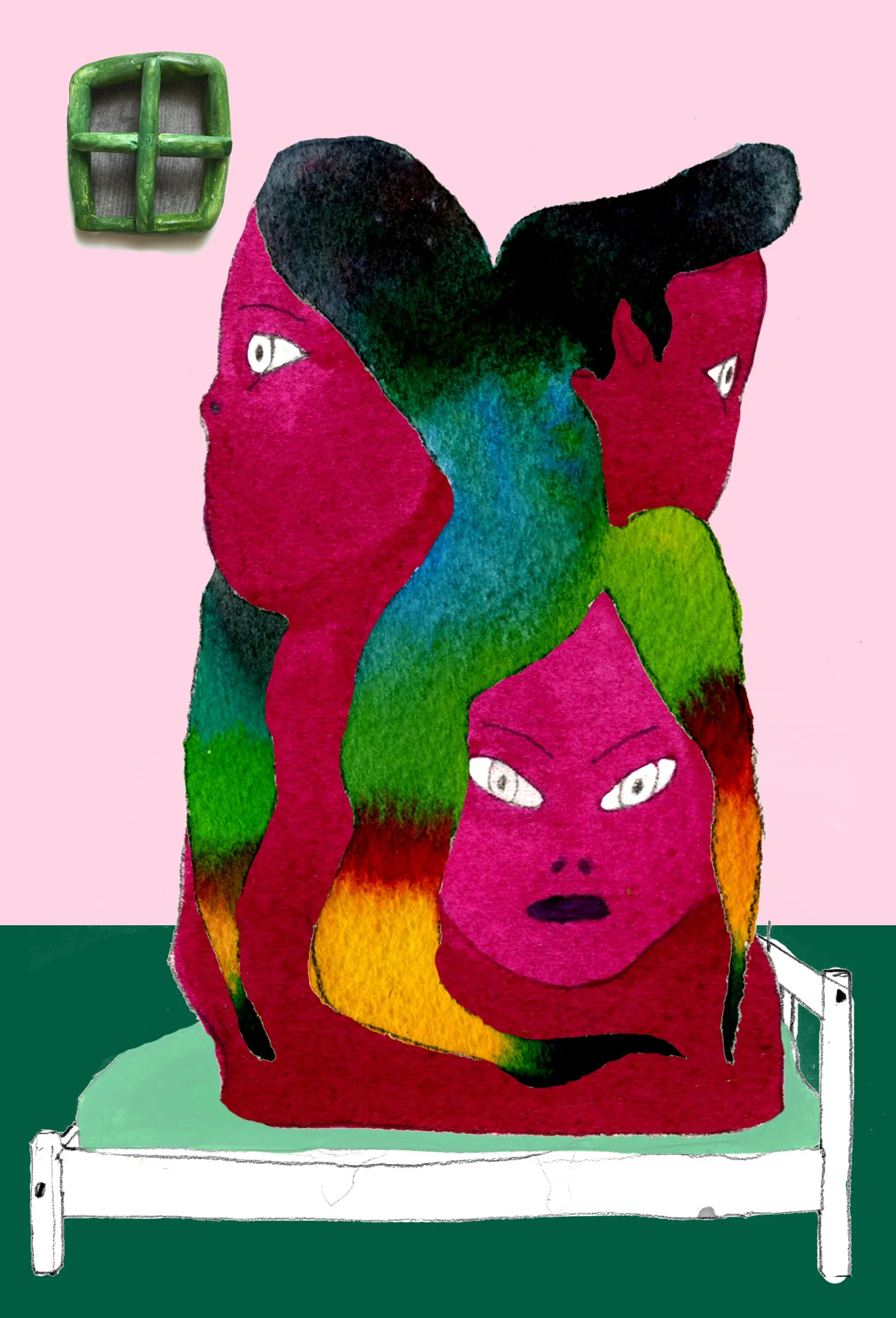

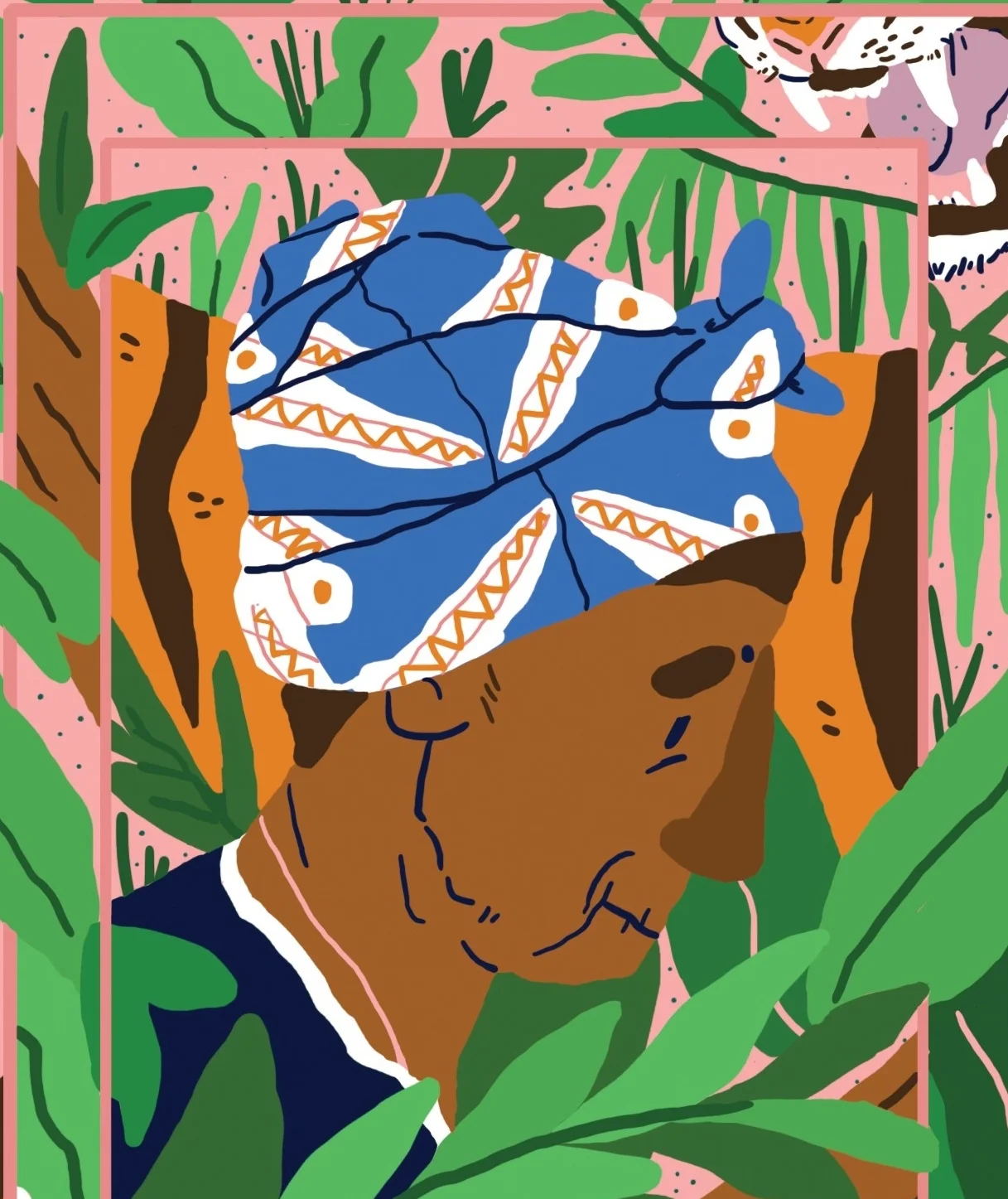
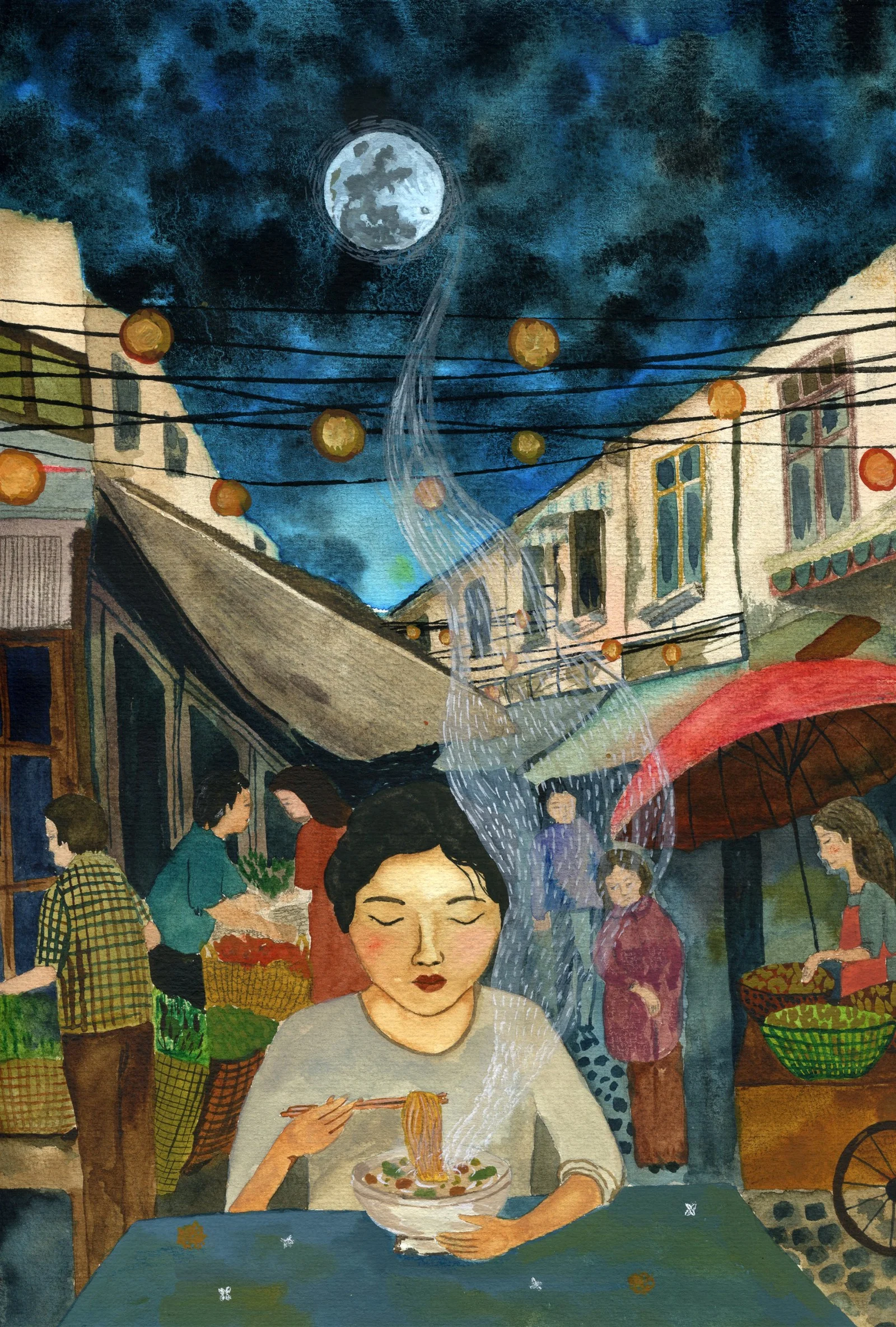
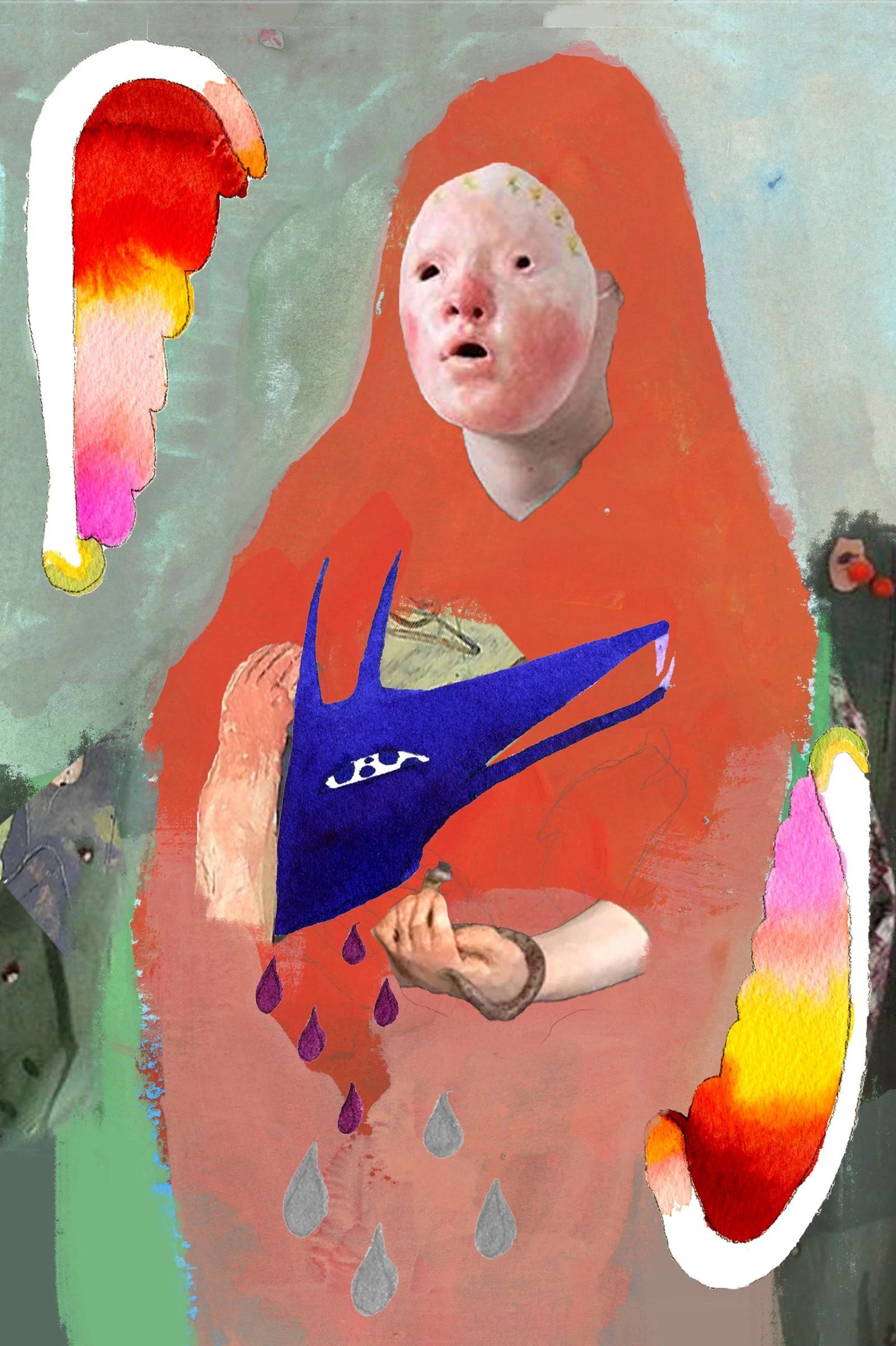
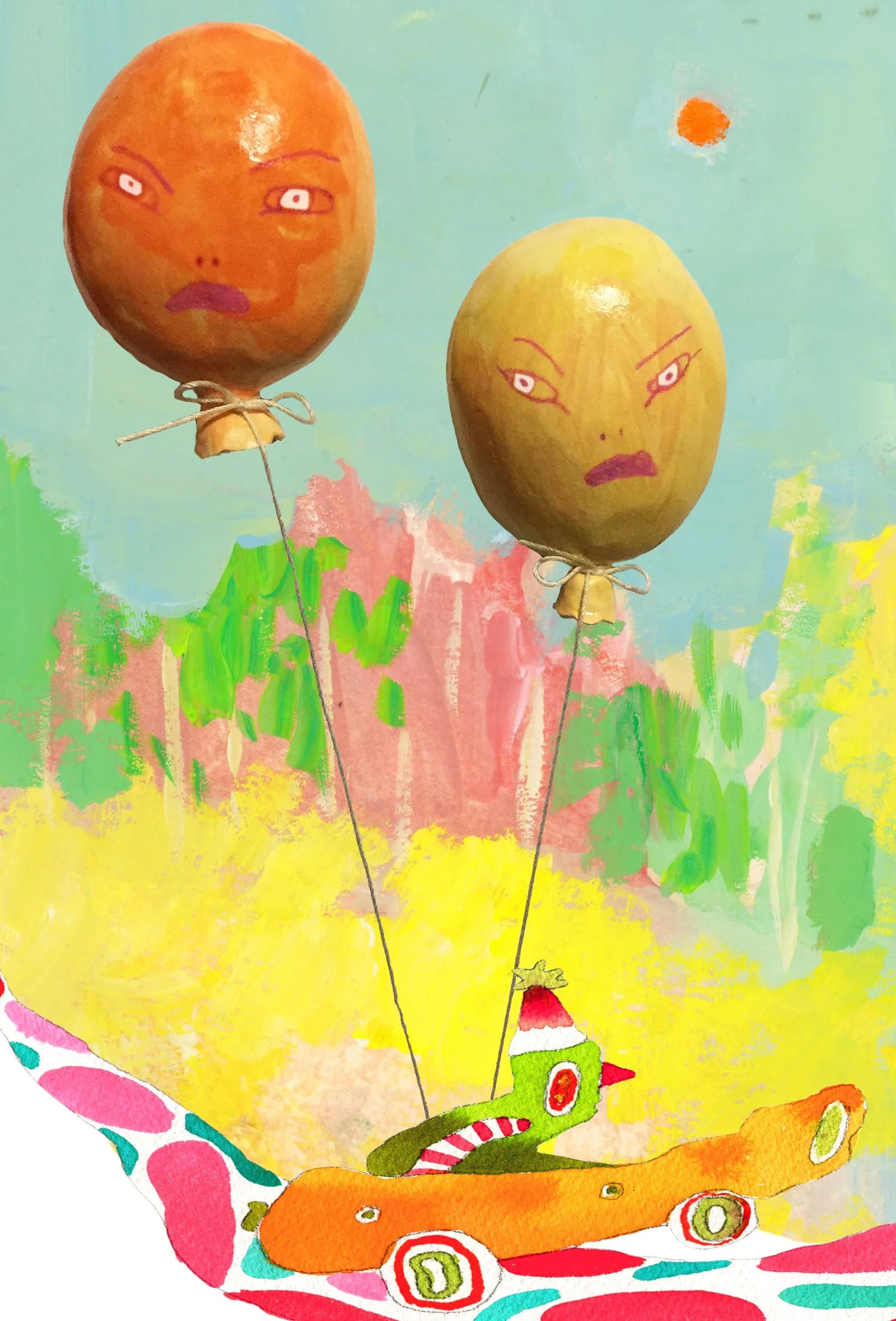
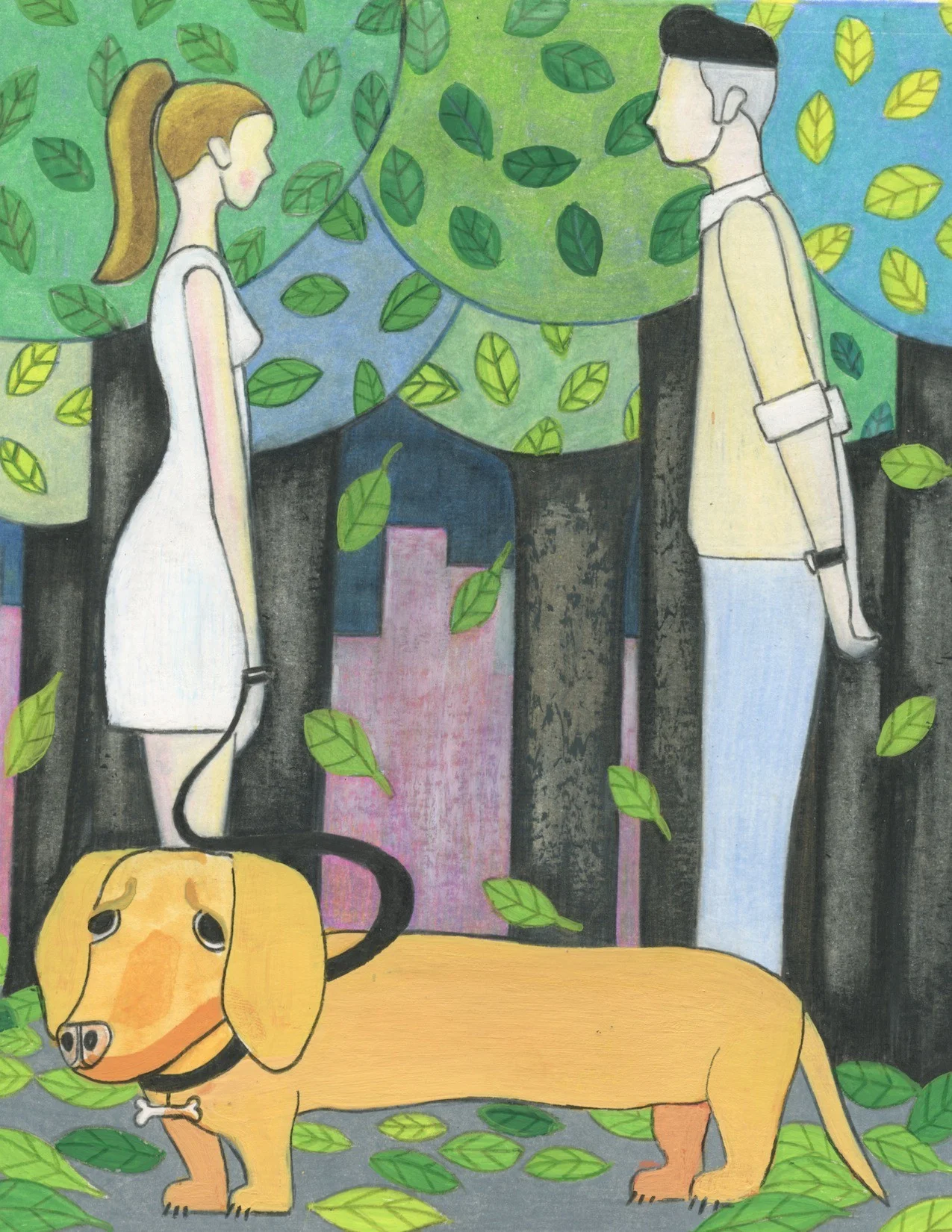

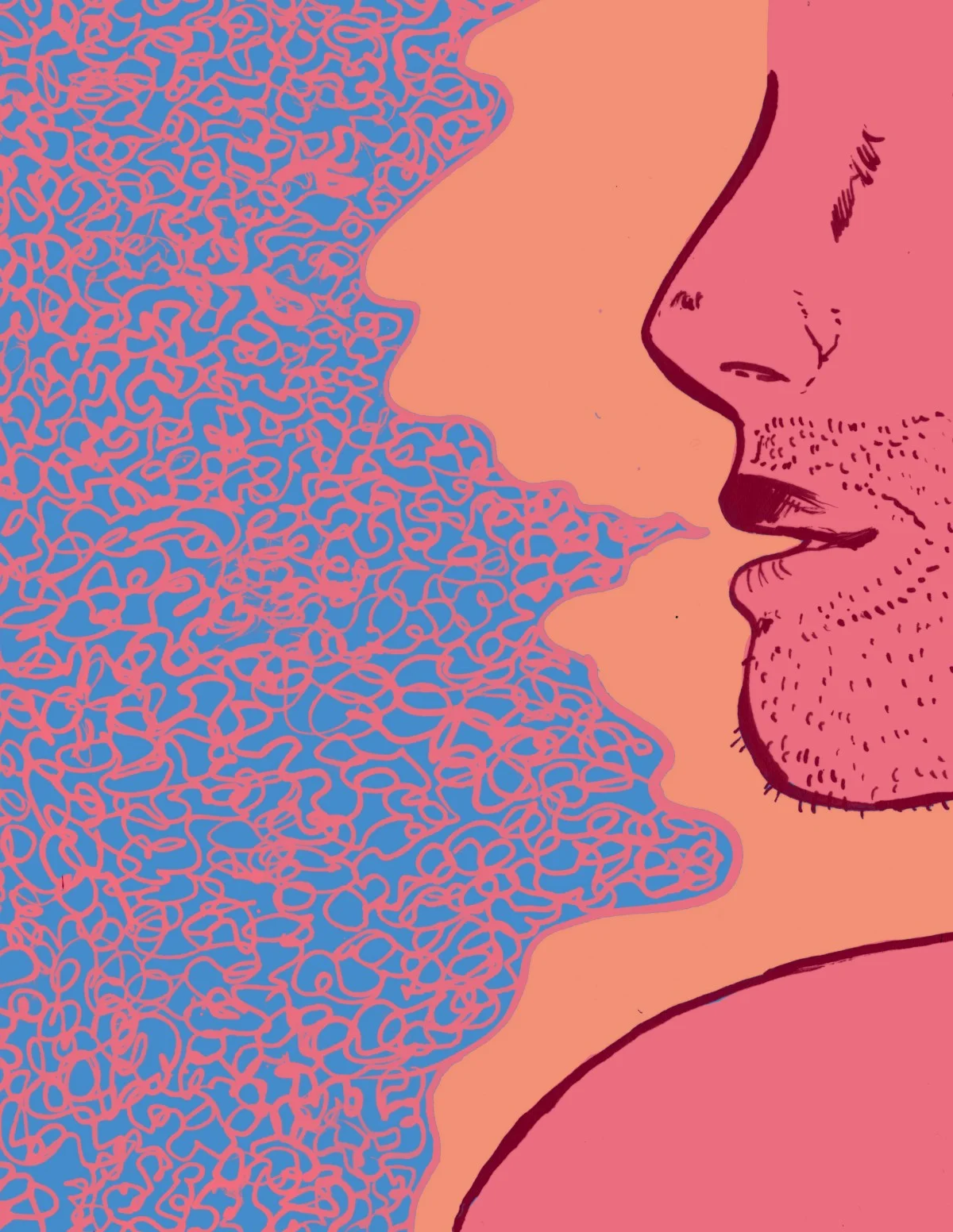
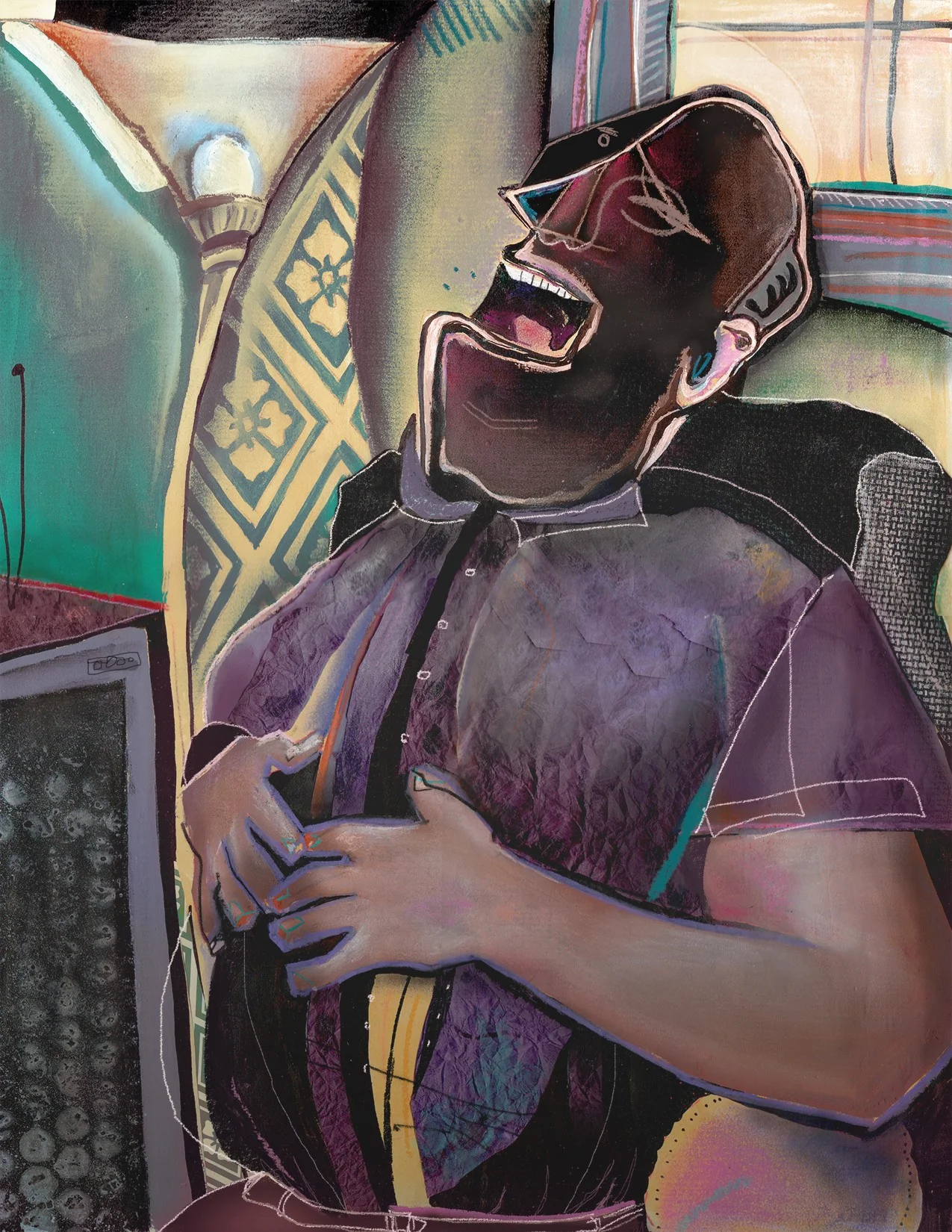
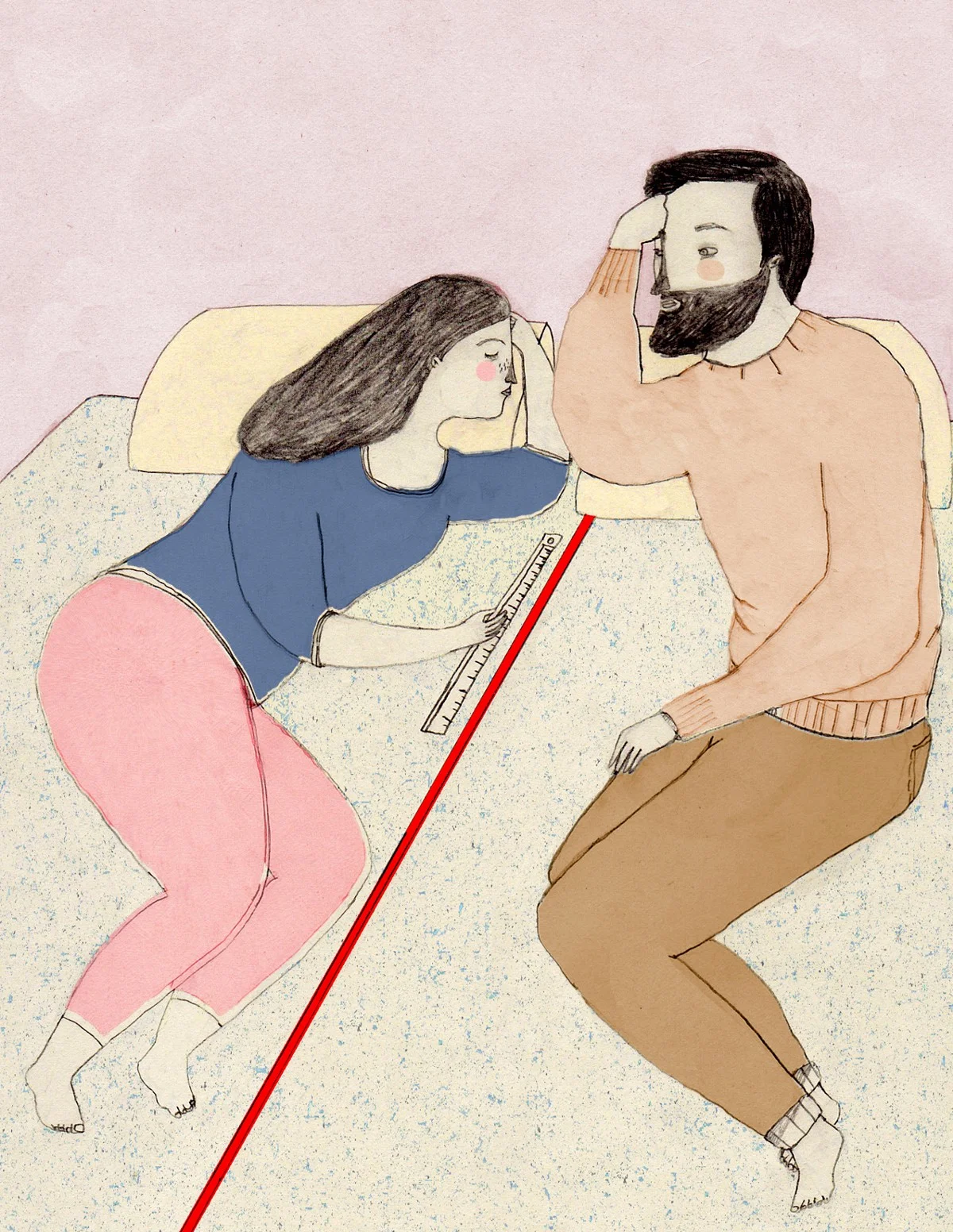

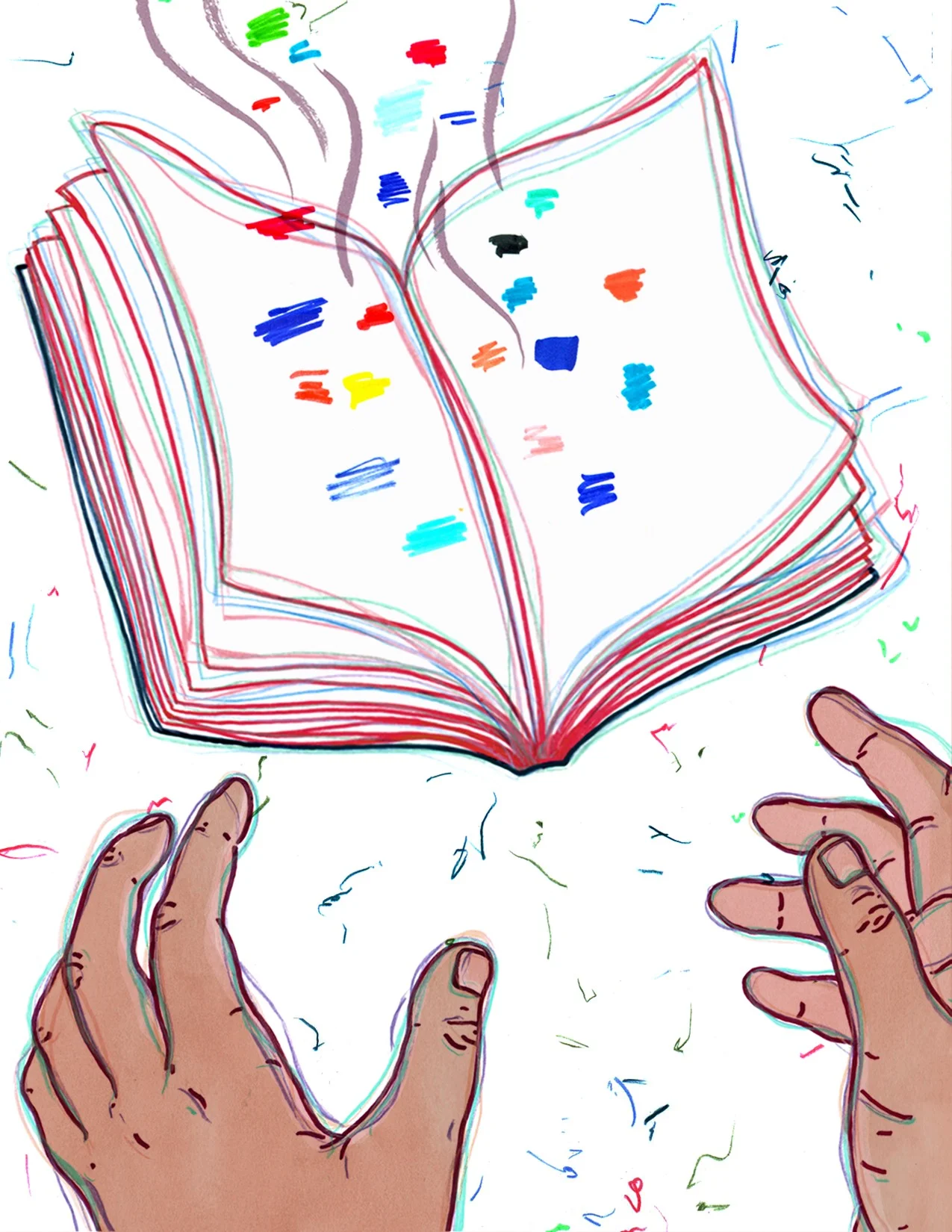
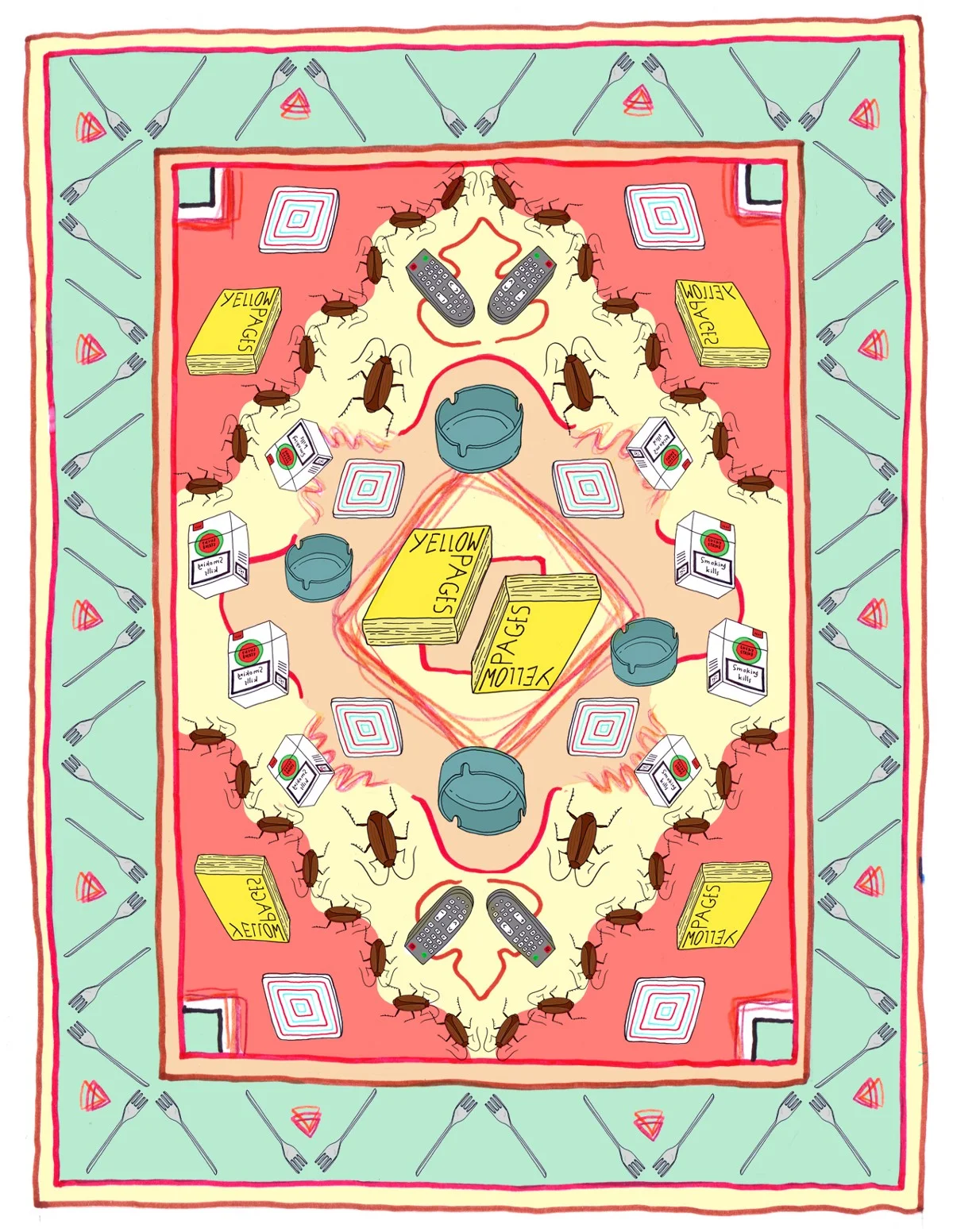
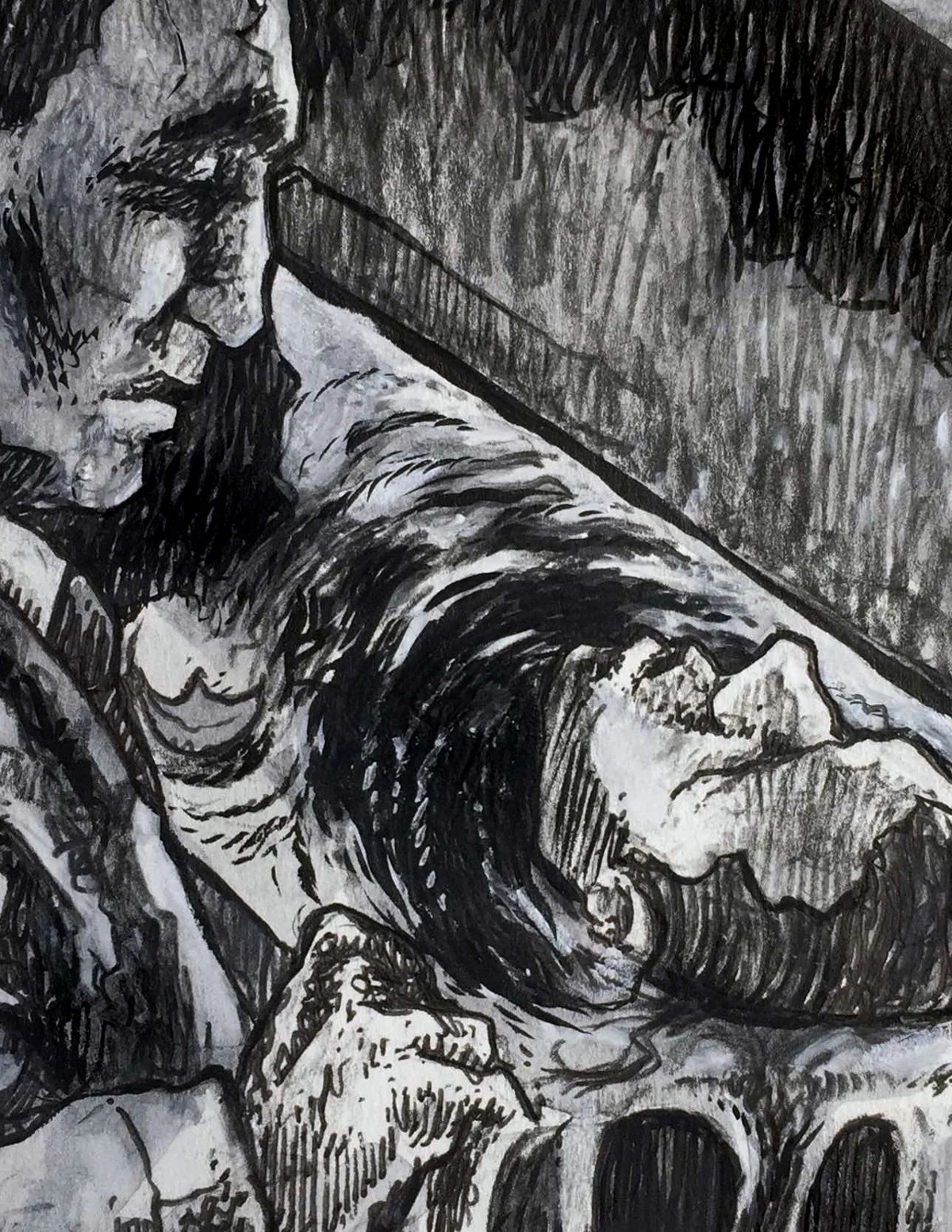
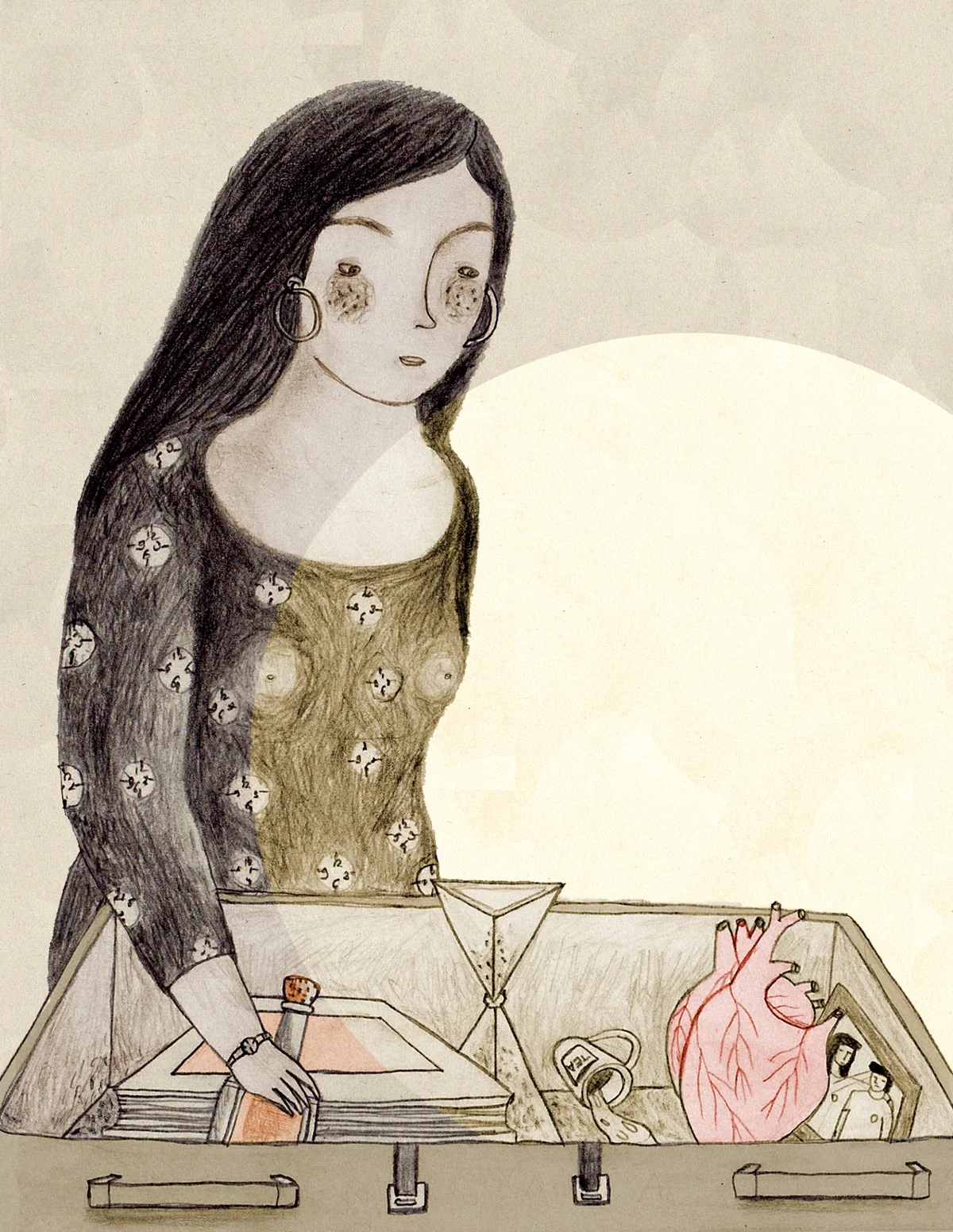
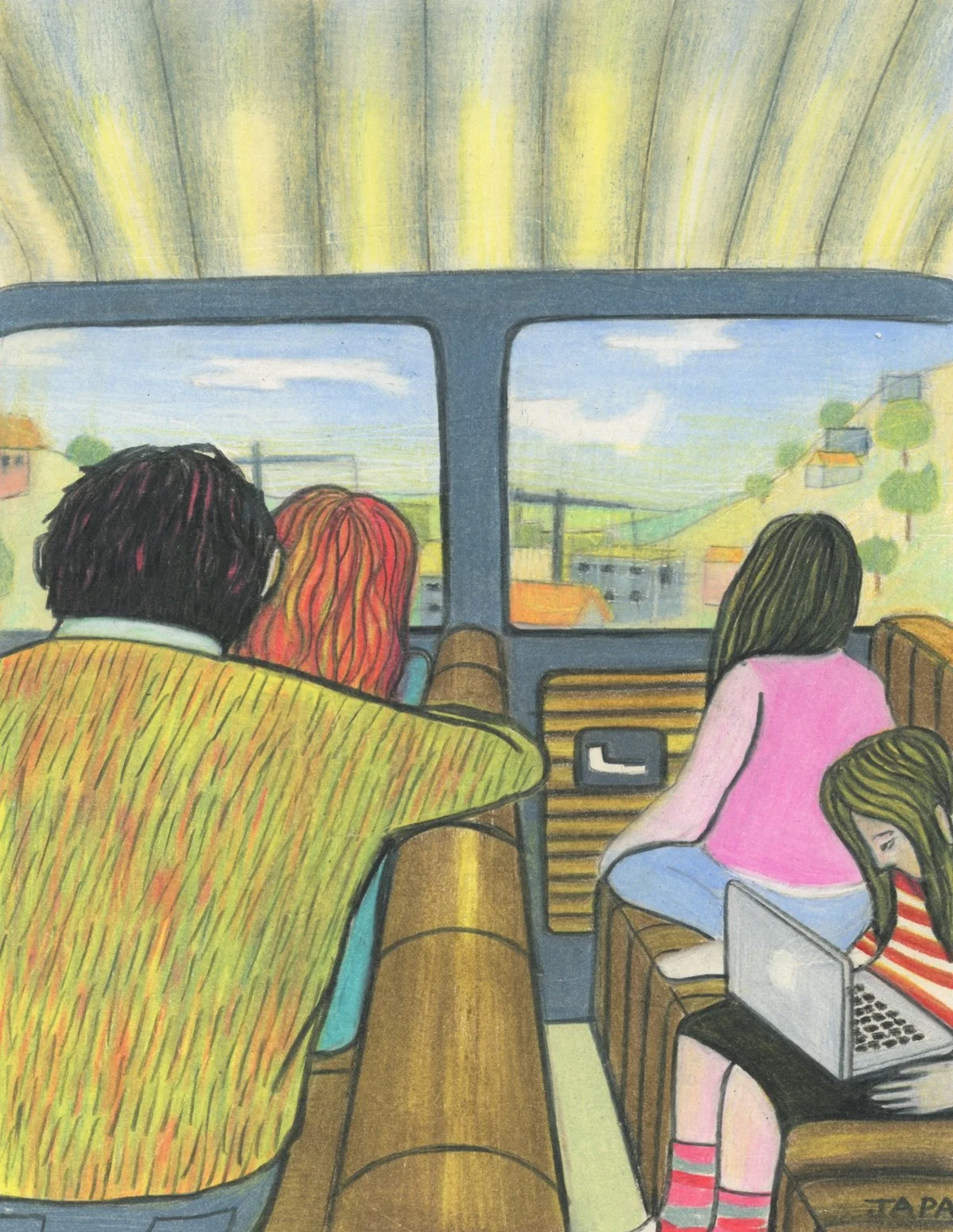
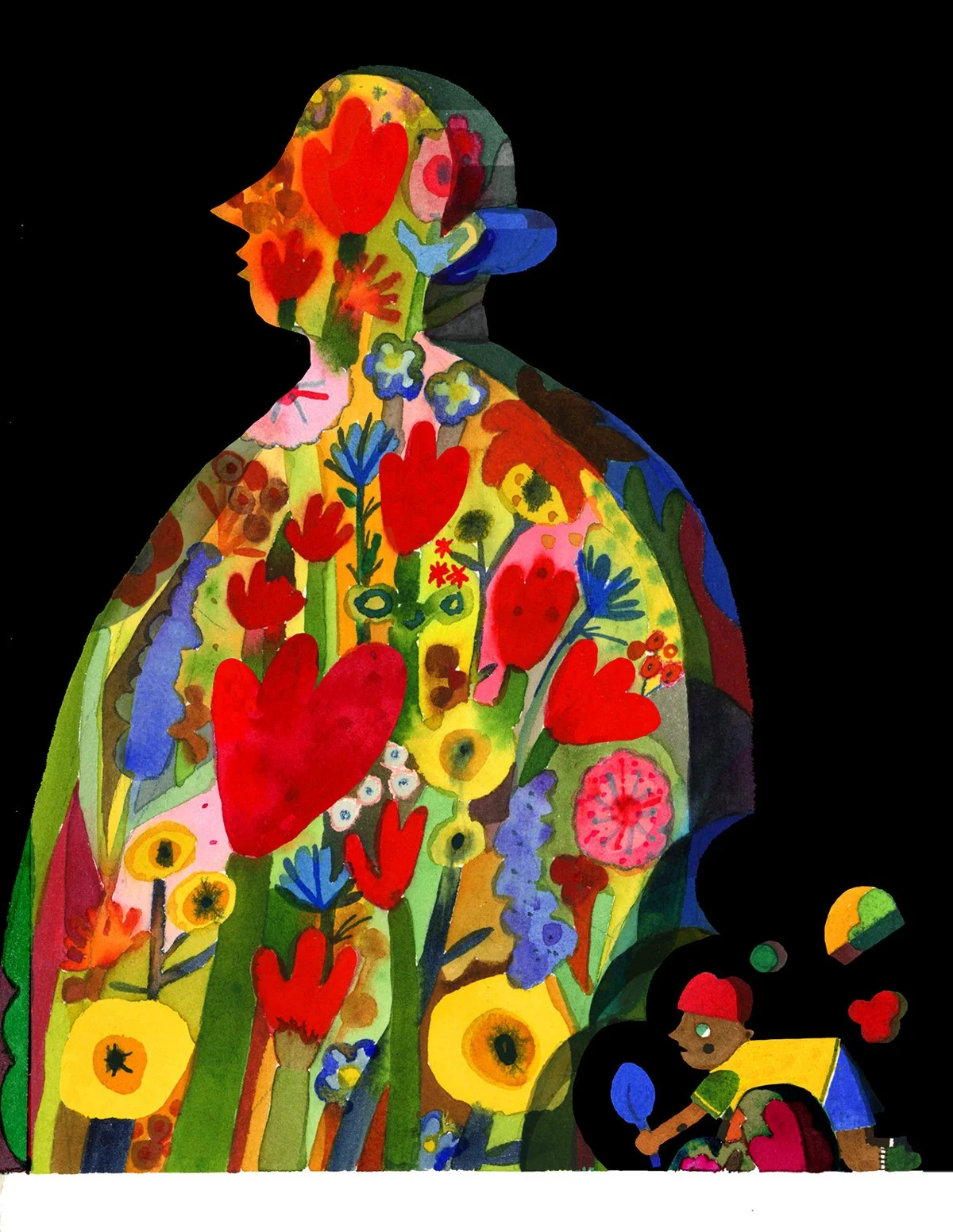
I shouldn’t show up today, but I’m coming to your wedding. The American wedding. I will stand when the minister asks if anyone objects because I do, and I’ve always wanted to attend a wedding where that happens. I’m a law student, I know how to object. I’ve got evidence to sustain. Your poems. Dick-pics. Clothes in my dresser. Toothbrush in my bathroom.